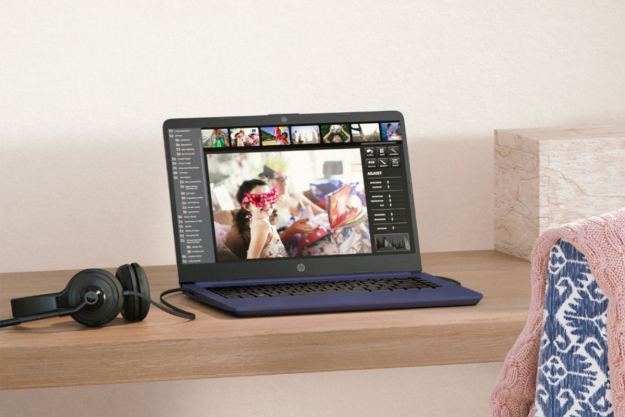
Amidst growing concerns over national voter fraud during major elections, a microscope has been turned on Georgia where concerns over inflated voter numbers, phony ballots, and poor voting machine security following the state’s 2018 primary election. In one grievous instance, a precinct with just 276 registered voters recorded 670 ballots, a 243-percent turnout.
Election interference is one of the largest talking points in the U.S. and has been since the 2016 presidential election. As we move toward the midterm elections in November this year, even greater scrutiny is being faced by states that appear more susceptible to it than others. Georgia has swiftly arisen as a state with most concern, with a number of noted instances of problems with voting in the primaries that took place in May this year.
A federal lawsuit against the state has begun to turn up evidence of a number of notable problems with the primary voting procedure. McClatchy reports massive swings in registered voter numbers, testimony from many voters who found themselves turned away at polling stations or told to go elsewhere, the issuing of incorrect ballots, and major issues with the voting machines themselves.
Georgia is just one of four states that use voting machines which cannot and do not provide a paper proof of a vote, making them hard to audit. The 16-year-old machines have suffered freezes and crashes on election days, and as Ars Technica highlights, key data that showed poor security on these machines mysteriously disappeared during a 2017 investigation.
Georgia’s Secretary of State, Brian Kemp, has promised to conduct a bipartisan investigation into changing voting machines before the 2020 elections, though that would not take place in time for the 2018 midterms. However, that may not be necessary, as a group of senators on both sites of the aisle have called for a ban on all paperless voting machines. While it is far from being passed into law, it may well provide more protection against voter fraud in the future.
Some hope that blockchain technology might provide a better system for voting security, but it’s no silver bullet to a problem that appears only more stark as the midterms draw closer.




